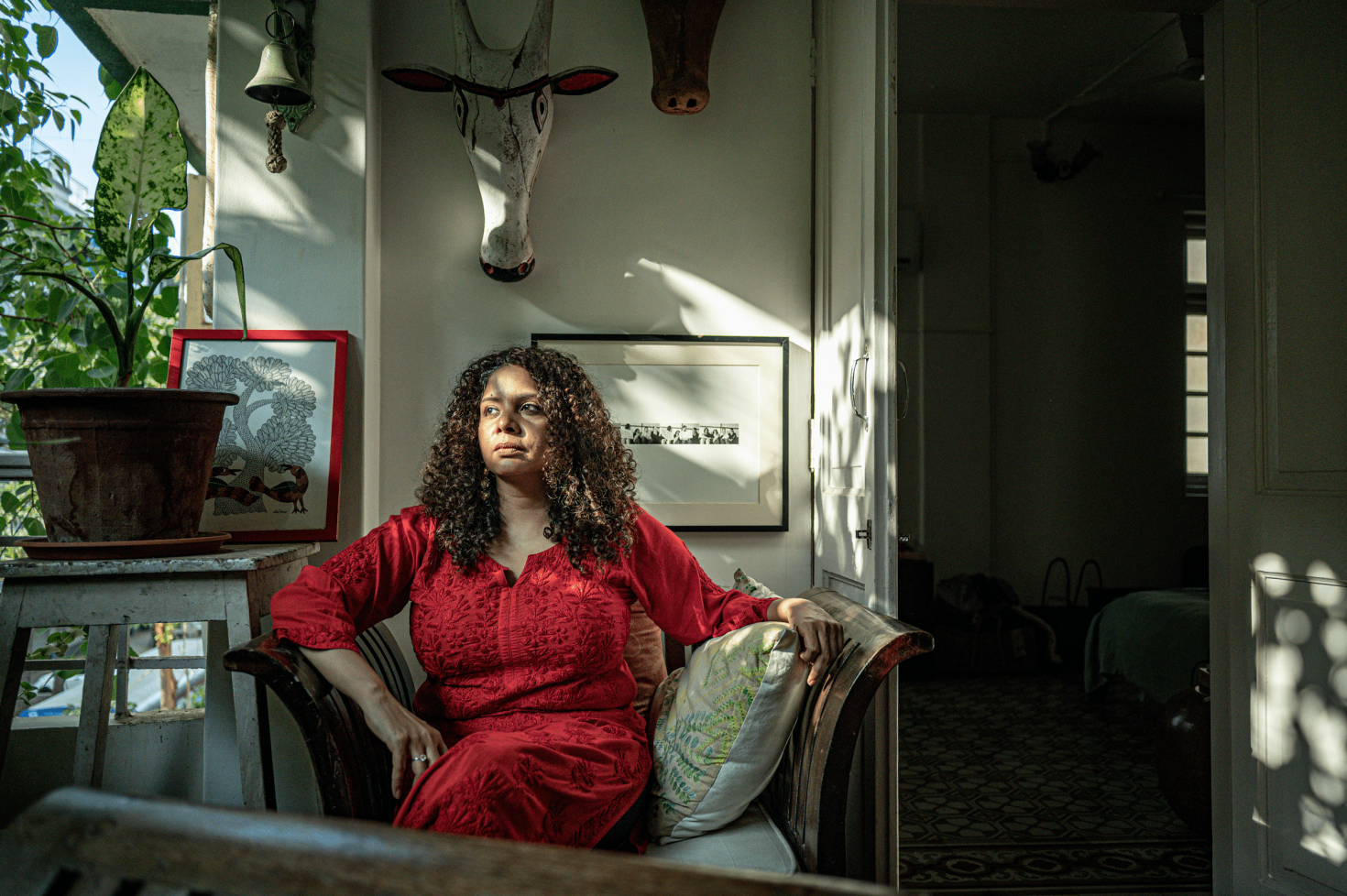Rana Ayyub - India Collapse

"When I got my required assignments and did my journalism denouncing those in power, I experienced some of the worst forms of online harassment. A recent study by the ICFJ, which analysed more than eight million tweets addressed to me, found that I was attacked online every 19 seconds. However, silence is not an option."
Listen to Rana Ayyub telling her story here:
I never considered myself as a Muslim or woman journalist, a label often attached to my name. When I entered the profession in 2006, it was a male-dominated bastion, with women not playing a central role in the newsrooms.
When I got my required assignments and did my journalism denouncing those in power, I experienced some of the worst forms of online harassment. A recent study by the ICFJ, which analysed more than eight million tweets addressed to me, found that I was attacked online every 19 seconds. From my head photoshopped in a porn video to disinformation spread by the state: often I am the victim of hate campaigns. Sexist misogynistic attacks are now a part of my life. Terms like ISIS sex slave, Jihadi Jane, and Bibi are the common swear words hurled at me unabashedly on social media. My family and I have received multiple threats with gang rape and murder. So far, no one has been arrested for threatening me.
A few days before the Indian journalist Gauri Lankesh was shot dead in 2017, she asked me to not be afraid of “the paper tigers”- those who harass women journalists. Gauri faced the worst forms of intimidation and was eventually shot dead as a result of these hate campaigns. When a lie is widely repeated, it is accepted as truth by the larger citizenry.
I started censoring myself to a great extent. I blocked the comments section on my Twitter because the abuse and threats were severely damaging my emotional health. When the threats on Twitter get too much, I turn off my phone, take an anxiety pill and go to sleep. The pursuit of truth, the desire to bear witness at a time when journalists are the new enemy of the state, is my motivation to keep doing this work. Silence is not an option - especially in a country like India which has spot 150 on the Press Freedom Index according to RSF.
The hate, threats and fake news you receive as a woman journalist is used to hit you but is not the truth. Targeted attacks, especially against women journalists, which often have sexual overtones, can be traumatising. Therefore, we should instead talk about our experiences and take the help that is offered. We do not have to be 'brave' or 'courageous', we just want to do our job.
